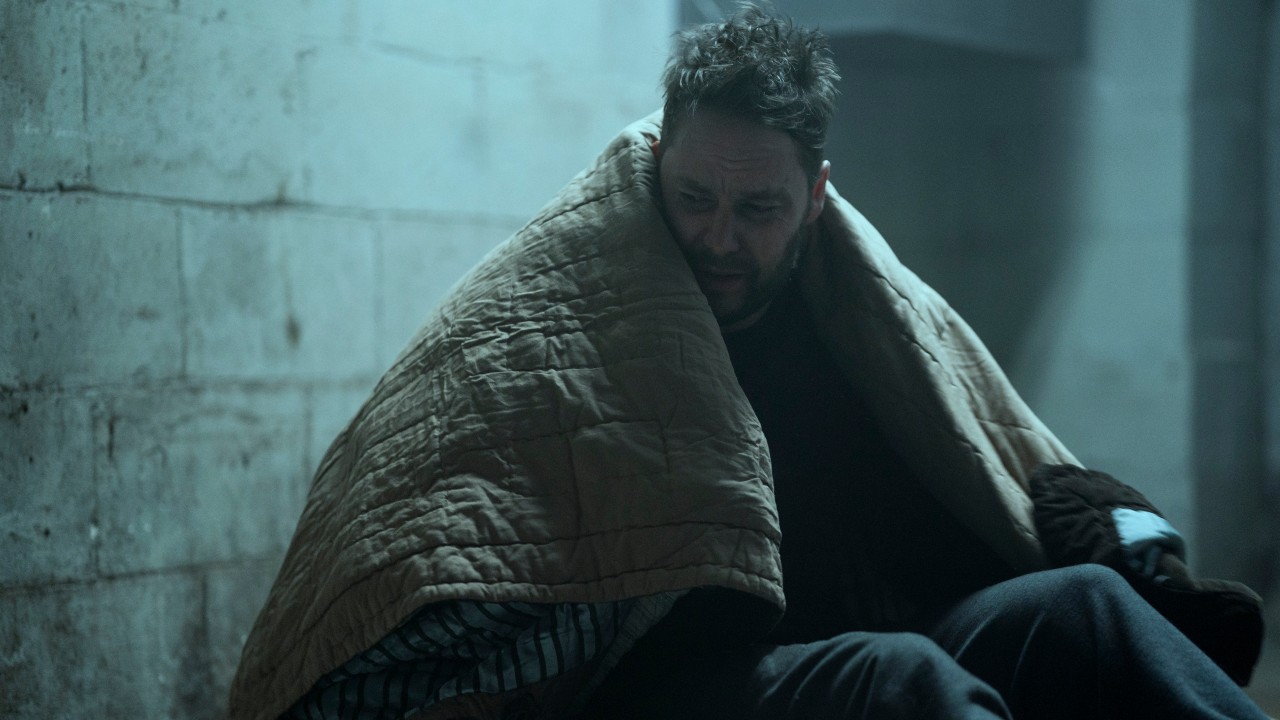Painkiller Director Describes What It Feels Like To Take OxyContin, And How His Drug Use Helped Him Portray The Opioid Struggle
Pete Berg's own experiences helped them portray the OxyContin crisis in Netflix's Painkiller.
Minor spoilers for Netflix’s Painkiller are ahead. If you haven’t watched the limited series, you can stream it with a Netflix subscription.
Netflix’s drama Painkiller, which tells the story of the rise and consequences of OxyContin, does not hold back from showing the pleasure and deep pain that comes with opioid addiction. While the show is a book-to-screen adaption of a New Yorker article and a book of the same name, the show's director Pete Berg also drew on personal experience to better portray the opioid struggle. In an exclusive interview with ReelBlend, he explained what it feels like to take Oxy, and how it helped them figure out how to film said feeling.
Pete Berg candidly explained that he has used OxyContin recreationally once while speaking with Sean O’Connell and Kevin McCarthy on CinemaBlend’s podcast ReelBlend. Opening up about what it felt like, he said:
So, I’ve taken OxyContin one time in my life recreationally. It felt like I was being dropped into a warm bath of honey. It was an incredibly pleasant feeling.
He went on to explain that it’s “undeniable” that OxyContin works for people who are running from pain, and the show directly addresses that by having Richard Sackler, the man who got the drug on the market, talk about how if people want to get away from pain they should “run toward pleasure.” While it might feel good for a second, the consequences are dire, as the show depicts, and Berg explained:
However, and something that we tried to show in equal parts was that, yes the drug has a certain allure to it. But, the price you pay is brutal and heavy. And that high wears off.
Speaking back on his own experiences, the Friday Night Lights creator said he has also tried cocaine once, and he told his son that “it’s the greatest drug in the world.” However, he immediately knew it wasn’t worth doing again because:
You feel amazing, you’re funny, you’re alive, you’re happy, you’re sexy, you’re all of these things for about 15 minutes. And then it drops. And then you do whatever you can to get back up, and again you feel great for about four minutes. And then it drops. And you try and get back, and it starts going below, and below, and below and blow, until you wind up in a deep dark moras of hell and misery and self-destruction. To me, that’s part of the opioid game. That’s a part of the opioid journey.

This journey is what’s shown in Painkiller, specifically through Taylor Kitsch’s character Glen. While we hear from families who have lost loved ones to OxyContin addiction in the disclaimers, and we see the creative way Berg depicted Richard Sackler possibly realizing the pain he's caused, Kitsch's character is the one that shows the timeline of what happens when someone struggles with Oxy addiction. He gets injured early in the series, is prescribed the drug by his doctor, and subsequently becomes addicted to it. The director said:
For a moment you might feel good, and I did. I realized very quickly after that one time that I don’t want to go near this because it feels too good. The price you pay when the check comes is what we saw the character that Taylor Kitsch plays, Glen, who started and everything was great and he had his life back for about a month, and then the spiral begins.
When it came to visualizing this spiral in the show, Pete Berg used a scene from Episode 5 as an example. In the sequence, it showed the juxtaposition of the highest of highs and lowest of lows of people using OxyContin, the Lone Survivor director went into more detail, saying:
Your Daily Blend of Entertainment News
The drug reps are all using Oxy recreationally, and they’re high out of their minds, and it starts sort of spiraling into this twisted, euphoric, broken kaleidoscope of experience. We’re intercutting that with Taylor Kitch’s character trying to detox alone in a garage with a case of Gatorade. I certainly do not recommend that people get into this drug, it’s a very dangerous game to play with yourself.
As Berg explained his own experiences using drugs like OxyContin and cocaine, he noted how it helped them show the spiral of drug addiction. He also explained what he hopes the audience takes away from seeing Painkiller. Speaking to these takeaways, he said he wants audiences to think twice about what they’re prescribed and make sure they take care of their loved ones and check in on them, especially when they’re in a situation where they’ve been prescribed a drug like OxyContin.
Painkiller is the latest limited drama to drop on the 2023 TV schedule, and you can stream it right now on Netflix.

Riley Utley is the Weekend Editor at CinemaBlend. She has written for national publications as well as daily and alt-weekly newspapers in Spokane, Washington, Syracuse, New York and Charleston, South Carolina. She graduated with her master’s degree in arts journalism and communications from the Newhouse School at Syracuse University. Since joining the CB team she has covered numerous TV shows and movies -- including her personal favorite shows Ted Lasso and The Marvelous Mrs. Maisel. She also has followed and consistently written about everything from Taylor Swift to Fire Country, and she's enjoyed every second of it.
